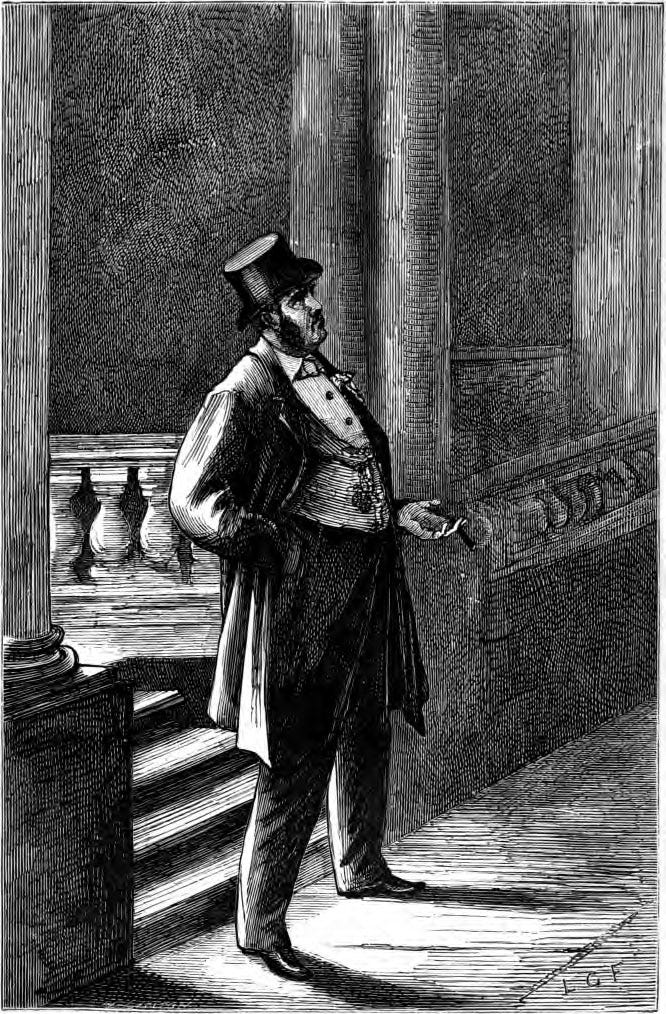Sam Bankman-Fried & The Way We Live Now
A Fraud's Path May Illuminate the Long Reach of American Oligarchy
A certain class of dishonesty, dishonesty magnificent in its proportions, and climbing into high places, has become at the same time so rampant and so splendid that there seems to be reason for fearing that men and women will be taught to feel that dishonesty, if it can become splendid, will cease to be abominable. If dishonesty can live in a gorgeous p…
Keep reading with a 7-day free trial
Subscribe to The New Nationalist to keep reading this post and get 7 days of free access to the full post archives.





